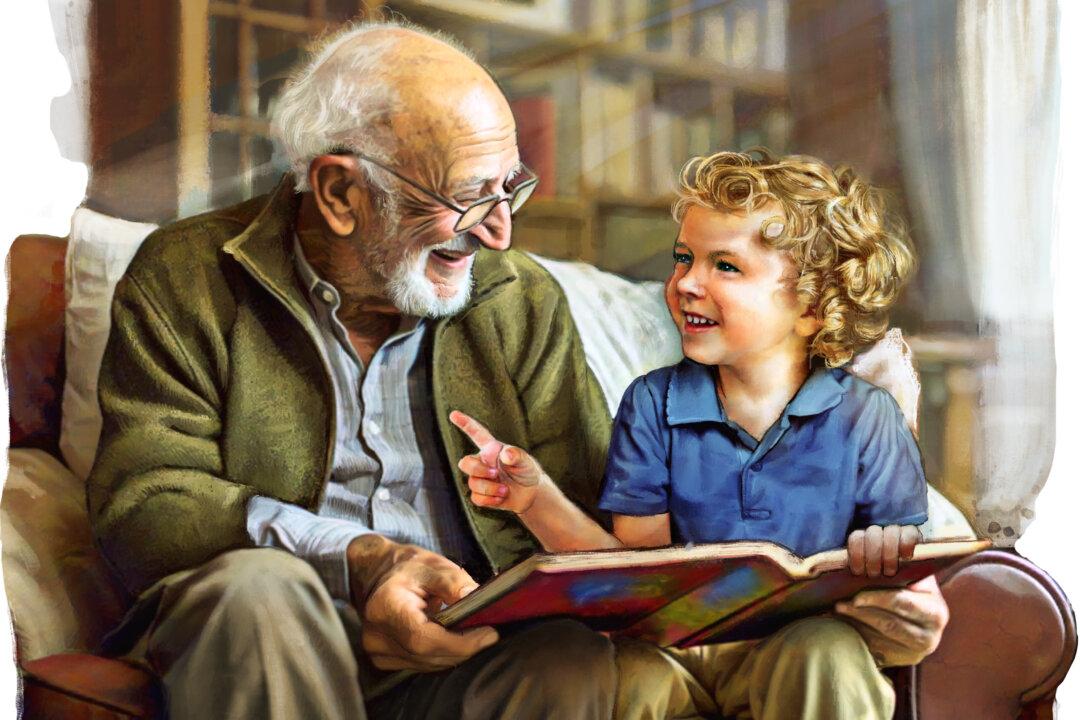First, a quick quiz. Which of the statements below is more likely to belong to a grandparent than to a parent?
- “Of course, you can have another bowl of chocolate chip ice cream. You’re a growing boy.”
- “Here’s 20 bucks. Buy yourself something fun.”
- “We’re going right by the clothing store. We’ll just pop in, and you can pick out a couple of new outfits.”
- “Oh, well, a ticket’s not the end of the world. Next time, just keep an eye on the speedometer.”
- “Let’s stop by the candy store on the way home.”
For most of us, grandparenting means enjoying the pleasures of children, with few of the parental responsibilities. We’re not the ones getting up to feed a baby at 3 a.m. or sweating bullets waiting for a teenage daughter to arrive home from the prom. No—we’re the ones who arrive with treats in our suitcases, who get away with corny jokes because of our status and age, and who take the time to listen to a 6-year-old’s tedious recounting of her nighttime dreams.






